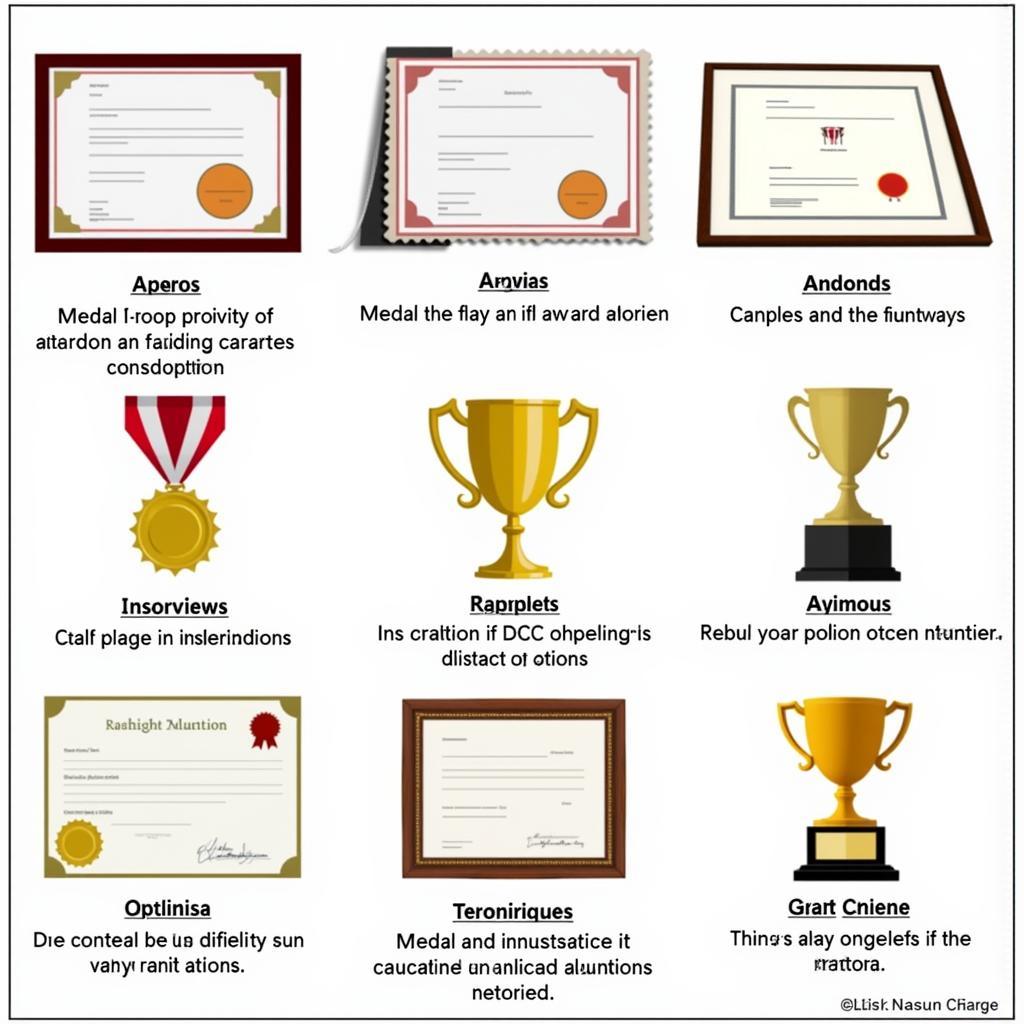
Mastering the Art of English Moot Court Competitions
The world of law is a complex and fascinating one, and for those passionate about honing their legal skills in English, moot court competitions offer an unparalleled platform. These simulated court proceedings provide a unique opportunity to delve into intricate legal issues, craft compelling arguments, and present them before a panel of experienced legal professionals. Whether you’re an aspiring lawyer or simply eager to enhance your advocacy skills, understanding the nuances of English moot court competitions can be immensely rewarding.
 Moot Court Competition Setting
Moot Court Competition Setting
What are English Moot Court Competitions?
Moot court competitions, in essence, are mock legal proceedings where participants take on the roles of attorneys, presenting arguments for hypothetical cases. Unlike mock trials which focus on litigation skills, moot courts center around appellate advocacy, requiring participants to analyze legal precedents, construct persuasive arguments based on legal principles, and respond effectively to challenging questions from the “judges.”
These competitions typically involve researching a specific legal problem, drafting written submissions (memorials), and then presenting oral arguments based on those submissions. The emphasis is on legal research, writing, and oral advocacy, all conducted in English, further adding a layer of complexity for non-native speakers.
Why Participate in English Moot Court Competitions?
 Law Students Preparing for Moot Court
Law Students Preparing for Moot Court
For those contemplating whether to take the plunge, the benefits of participating in English moot court competitions are numerous and impactful:
- Enhanced Legal Research and Writing Skills: Participants gain invaluable experience in legal research, learning to navigate complex legal databases, analyze case law, and extract relevant arguments. This research then translates into crafting well-structured and persuasive written submissions.
- Developing Oral Advocacy Skills: Moot courts provide a safe yet challenging environment to hone public speaking and persuasion skills. Participants learn to articulate their arguments clearly and concisely, respond to questions effectively, and think on their feet – essential skills for any aspiring legal professional.
- Deepening Legal Knowledge: The process of researching and arguing a specific legal issue allows participants to delve deep into a particular area of law, gaining a comprehensive understanding that surpasses typical classroom learning.
- Networking Opportunities: Moot court competitions provide a platform to connect with fellow law students, legal academics, and practicing lawyers, fostering valuable connections within the legal community.
- Boosting Your CV and Career Prospects: Participation in moot court competitions demonstrates initiative, strong research and advocacy skills, and a commitment to personal and professional growth, all of which are highly valued by potential employers in the legal field.
Navigating the World of English Moot Court Competitions
While the prospect of competing in a foreign language might seem daunting, preparation and practice are key. Here are some tips for success:
- Master the Language: A strong command of legal English is crucial. Familiarize yourself with legal terminology, practice legal writing styles, and engage in conversations on legal topics to improve fluency and confidence.
- Understand the Competition Format and Rules: Each moot court competition has its own set of rules and procedures. Thoroughly review the competition guidelines to understand the specific requirements for written submissions, oral argument format, and time limits.
- Develop Strong Research Skills: Effective legal research forms the foundation of a successful moot court argument. Learn to utilize legal databases effectively, identify relevant case law, and extract key legal principles to support your arguments.
- Craft Persuasive Written Submissions: Your written memorials are your first opportunity to present your case to the judges. Structure your arguments logically, cite relevant legal authorities, and write clearly and persuasively.
- Practice Makes Perfect: Practice your oral arguments extensively, focusing on clear articulation, effective use of time, and confidently responding to challenging questions. Mock moot court sessions with peers or mentors can provide invaluable feedback.
 Law Student Presenting Moot Court Argument
Law Student Presenting Moot Court Argument
Conclusion
English moot court competitions offer an invaluable platform for aspiring legal professionals to hone their skills, deepen their knowledge, and gain a competitive edge in the legal field. By embracing the challenge of competing in a foreign language, participants demonstrate a commitment to excellence and a passion for the law, setting themselves apart in an increasingly competitive global legal landscape.
If you are considering a career in law and seek to enhance your legal skills, consider taking on the exciting challenge of an English moot court competition. The experience will not only enrich your legal knowledge but also provide invaluable skills and connections to benefit your future legal career.
FAQ
1. What are the different types of English moot court competitions?
Moot court competitions come in various formats, focusing on different areas of law like international law, human rights law, commercial law, and more. Some competitions are open to students worldwide, while others are specific to a region or university.
2. How do I find English moot court competitions to participate in?
Many online resources list upcoming moot court competitions. Check with your university’s law faculty, international law societies, and online legal forums for opportunities.
3. What are some common mistakes to avoid in moot court competitions?
Common pitfalls include inadequate legal research, poorly structured arguments, exceeding time limits, and failing to address judges’ questions directly.
4. How important is it to have prior legal experience to participate in moot courts?
While prior experience can be beneficial, most moot court competitions are open to law students of all levels, including those with limited practical experience.
5. What are some tips for managing nervousness during oral arguments?
Practice extensively, focus on your arguments, and remember that the judges are there to assess your legal reasoning, not to intimidate you.
Need further assistance with navigating the intricacies of the legal world?
We encourage you to explore our other informative articles, such as:
For personalized advice or assistance with any legal matters, do not hesitate to contact us. Our team of legal experts is dedicated to providing comprehensive support and guidance. Reach out to us at:
Phone Number: 0903883922
Email: [email protected]
Address: Đoàn Thị Điểm, An Lộc, Bình Long, Bình Phước, Việt Nam.
We are available 24/7 to address your concerns and provide the assistance you need.




